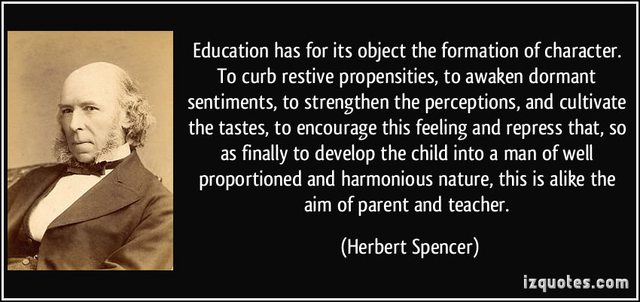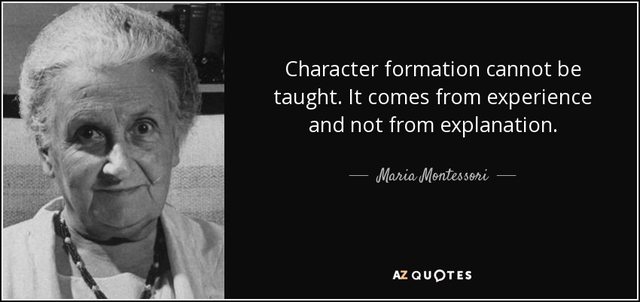What Is Character? Its 3 True Qualities and How to Develop It
It’s certainly not a word that’s used as much as it once was. Cultural historian Warren Susman researched the rise and fall of the concept of character, tracing its prevalence in literature and the self-improvement manuals and guides popular in different eras. What he found is that the use of the term “character” began in the 17th century and peaked in the 19th – a century, Susman, writes, that embodied “a culture of character.” During the 1800s, “character was a key word in the vocabulary of Englishmen and Americans,” and men were spoken of as having strong or weak character, good or bad character, a great deal of character or no character at all. Young people were admonished to cultivate real character, high character, and noble character and told that character was the most priceless thing they could ever attain. Starting at the beginning of the 20th century, however, Susman found that the ideal of character began to be replaced by that of personality.
But character and personality are two very different things.
What is Character? | The Art of Manliness


